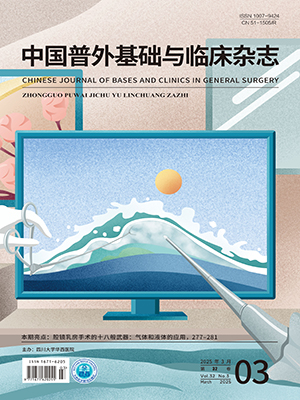Liver transplantation is a complex medical procedure with extremely high technical requirements. It demands rigorous expertises from the transplant surgeons, particularly in the vascular and biliary reconstruction using microsurgical techniques. In China, organ transplantation training started relatively late, and current training for liver transplantation surgeons faces deficiencies in the practical opportunities, simulation training combined with hands-on experience, and scientific evaluation standards, etc. Improving the teaching quality primarily depends on addressing challenges in microsurgical training. Therefore, it is imperative to establish a systematic and standardized microsurgical training system. The Liver Transplant Center of West China Hospital, Sichuan University, had proposed a comprehensive microsurgical training program that integrated various training methods, including non-biological models, virtual reality systems, biological models, and clinical mentorship, alongside objective evaluation criteria to ensure trainees acquire essential microsurgical skills for liver transplantation. By implementing a phased and progressive training approach, combining theoretical knowledge with practical application, and adhering to standardized operational protocols and assessment mechanisms, this program effectively enhances surgeons’ technical proficiency and decision-making abilities. This innovative solution addresses critical challenges in current training, driving the implementation and continuous improvement of liver transplantation training systems.
Citation: KONG Lingxiang, XU Xi, XU Gang, YUAN Jingsheng, LÜ Tao, YANG Jian, SONG Jiulin, WANG Shouping, Yiliyaer·Aierken, YANG Jiayin. Challenges in teaching and training microsurgical skills and construction of a standardized teaching system: For liver transplantion physicians. CHINESE JOURNAL OF BASES AND CLINICS IN GENERAL SURGERY, 2025, 32(1): 50-54. doi: 10.7507/1007-9424.202501063 Copy
Copyright © the editorial department of CHINESE JOURNAL OF BASES AND CLINICS IN GENERAL SURGERY of West China Medical Publisher. All rights reserved




